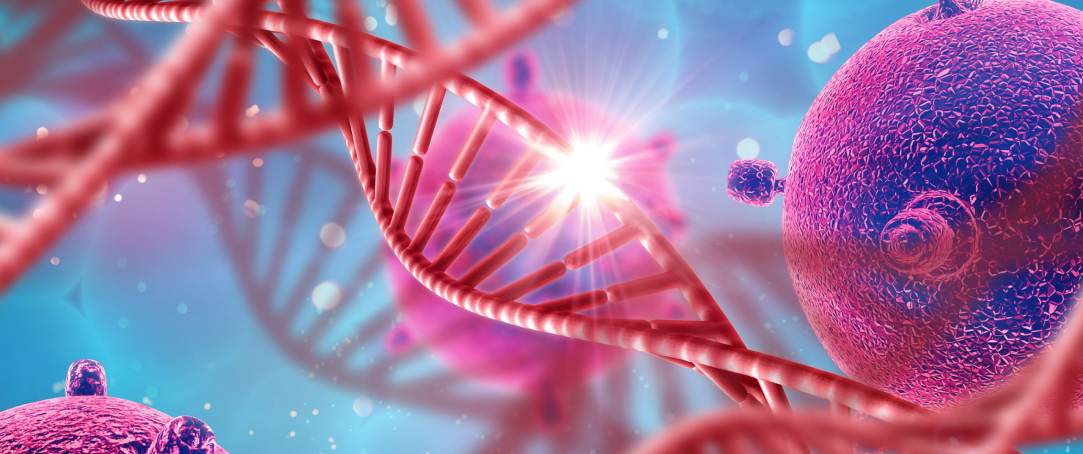Unveiling the Blueprint of Life: Molecular Biology and Genomics
Molecular biology and genomics form the cornerstone of understanding life’s complexity. These fields not only reveal the intricate mechanisms that govern biological processes but also hold the potential to revolutionize medicine, agriculture, and environmental science.
What is Molecular Biology?
Molecular biology explores the structure and function of the molecules that make up living organisms. At its core, it focuses on DNA, RNA, and proteins, investigating how genetic information flows from one molecule to another to sustain life. Advances in molecular biology have enabled breakthroughs like gene editing through CRISPR and the decoding of entire genomes.
The Era of Genomics
Genomics, a branch of molecular biology, delves into the study of entire genomes—the complete set of DNA in an organism. The Human Genome Project, completed in 2003, was a pivotal achievement, mapping all 3 billion base pairs of human DNA. This milestone has paved the way for personalized medicine, allowing treatments to be tailored to an individual’s genetic makeup.
Applications Driving Innovation
1. **Personalized Medicine**: Genomics enables the identification of genetic predispositions to diseases, allowing early interventions and customized therapies.
2. **Agricultural Advancements**: Genetic modifications in crops improve yield, resistance to pests, and adaptability to climate change.
3. **Environmental Solutions**: Genomic studies aid in understanding ecosystems and can be instrumental in conservation efforts.
The Future of Molecular Biology and Genomics
As technology evolves, so do the possibilities. Artificial intelligence is accelerating the analysis of genomic data, while synthetic biology is enabling the creation of novel organisms for industrial and medical applications. The integration of molecular biology and genomics into daily life promises a future where diseases are eradicated, food scarcity is minimized, and ecosystems are preserved.
Challenges and Ethical Considerations
While the potential is vast, the field faces challenges such as data privacy, ethical concerns surrounding genetic modifications, and equitable access to genomic technologies. Addressing these issues will require collaboration between scientists, policymakers, and the public.



